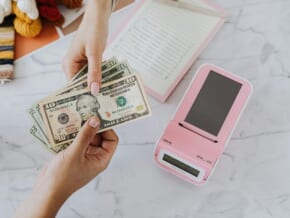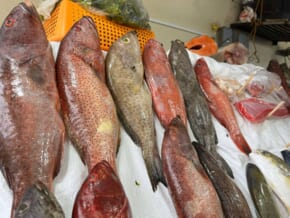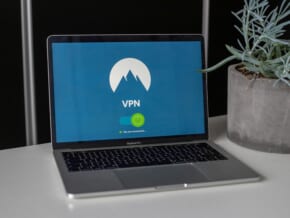Guide to The Philippine Peso
The currency in the Philippines is called Philippine Peso or simply ‘peso’. It is denoted by ₱ or written as ‘PHP’, ‘PhP’, ‘Php’, or ‘P’ and is issued by Banko Sentral ng Pilipinas (BSP) or the Central Bank of the Philippines.
There are three ways to get hold of Philippines peso:
1. Through the exchange of currency at Money Changers – the equivalent value of your currency differs from day to day, depending on the exchange rate. Here’s where you can have your money exchanged:
• Czarina – This money changer is one of the most popular in the black market because of its high exchange rate. They also offer other services aside from money exchange. For more information, click here.
• Sanry’s – Located on the ground floor of Glorietta 1, this money changer is accessible to almost everyone that lives in Makati area. They also have branches scattered across the nation. For more information, click here.
• Banks – Some banks in the Philippines offer to money exchange even if you don’t have an account with them. Although the exchange rate at banks is a bit lower than the black market, it still stands a good offer.
2. Through ATM withdrawal – You can only use your foreign ATM card in the Philippines if your bank have a branch here. As of 2016, there are 20 foreign banks operating in the country. See if your bank is included in the list:
ANZ Banking Group Ltd.
Bangkok Bank Public Co. Ltd.
Bank of America NA
Bank of China Ltd. – Manila Branch
Cathay United Bank Co., Ltd. – Manila Branch
Citibank, N.A.
CTBC Bank (Philippines) Corp. (formerly called Chinatrust (Phils.) Commercial Bank Corp.)
Deutsche Bank AG
Hongkong and Shanghai Banking Corporation
Industrial Bank of Korea – Manila Branch
ING Bank NV (formerly called Internationale Nederlanden Groep Bank NV)
JP Morgan Chase Bank NA
Korea Exchange Bank
Maybank Philippines, Inc.
Mega International Commercial Bank Co. Ltd.
Mizuho Bank Ltd. – Manila Branch
Shinhan Bank – Manila Branch
Standard Chartered Bank
Sumitomo Mitsui Banking Corp. – Manila Branch
The Bank of Tokyo-Mitsubishi UFJ, Ltd.
United Overseas Bank Limited, Manila Branch
For the directory of banks and non-banks in the Philippines, click here.
3. Through establishing a bank account – Not all foreigners can apply for a local bank account. There are specific requirements to be presented first before you can open one in the Philippines. If you want to know how click here.
Here’s how the Philippine banknotes currently look like:
New Generation Currency (NGC) Series (2010 – present)
1000 pesos
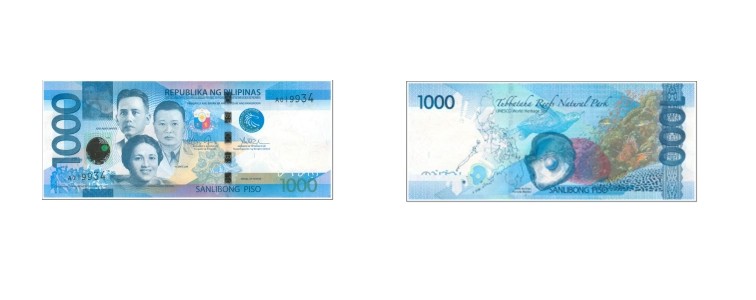
500 pesos
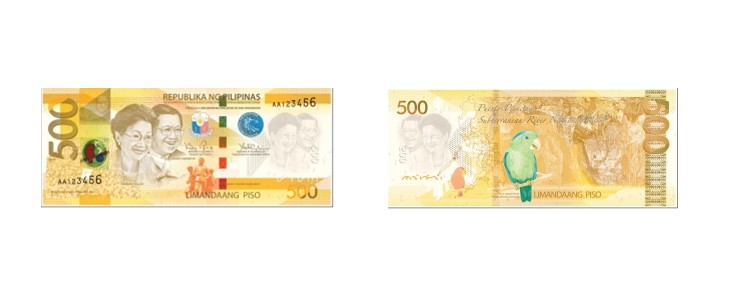
100 pesos
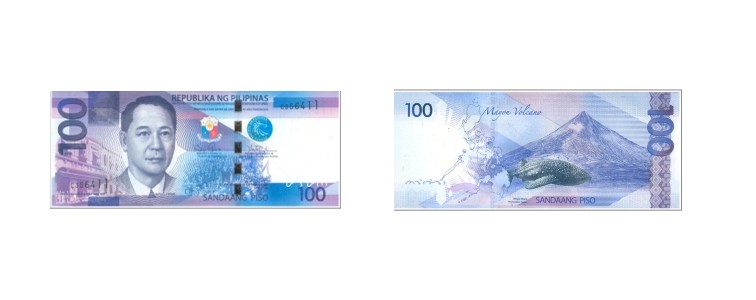
200 pesos
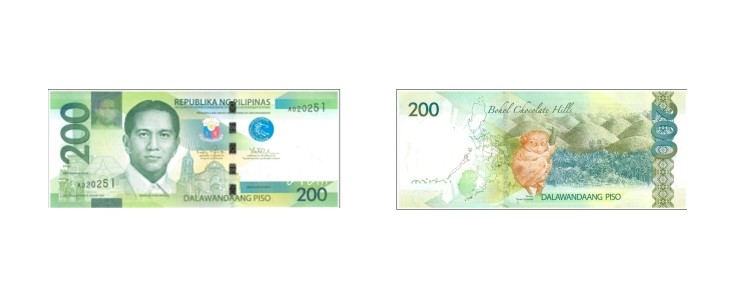
50 pesos
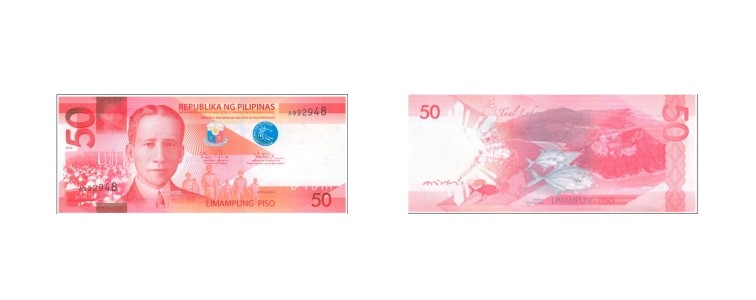
20 pesos
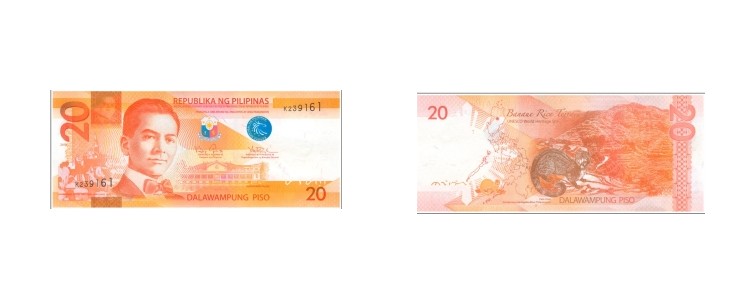
In a recent report, BSP has announced that the old Philippine banknote series will no longer be valid starting 2017. If you still have some, you can get it exchanged to new ones in the nearest bank.
Here’s how the Philippine coins currently look like:
New Generation Currency (NGC) Coin Series (2018 – present)
Coins in the NGC Series feature the new BSP logo, three national heroes (Apolinario Mabini in the 10-Piso, Andres Bonifacio in the 5-Piso and Jose Rizal in the 1-Piso), a stylized three stars and a sun in the 25-, 5- and 1-cents, and endemic flora consistent with the design of the NGC Banknote Series that highlights Philippine fauna.
Photos grabbed from Banko Sentral ng Pilipinas
Sources: Banko Sentral ng Pilipinas




